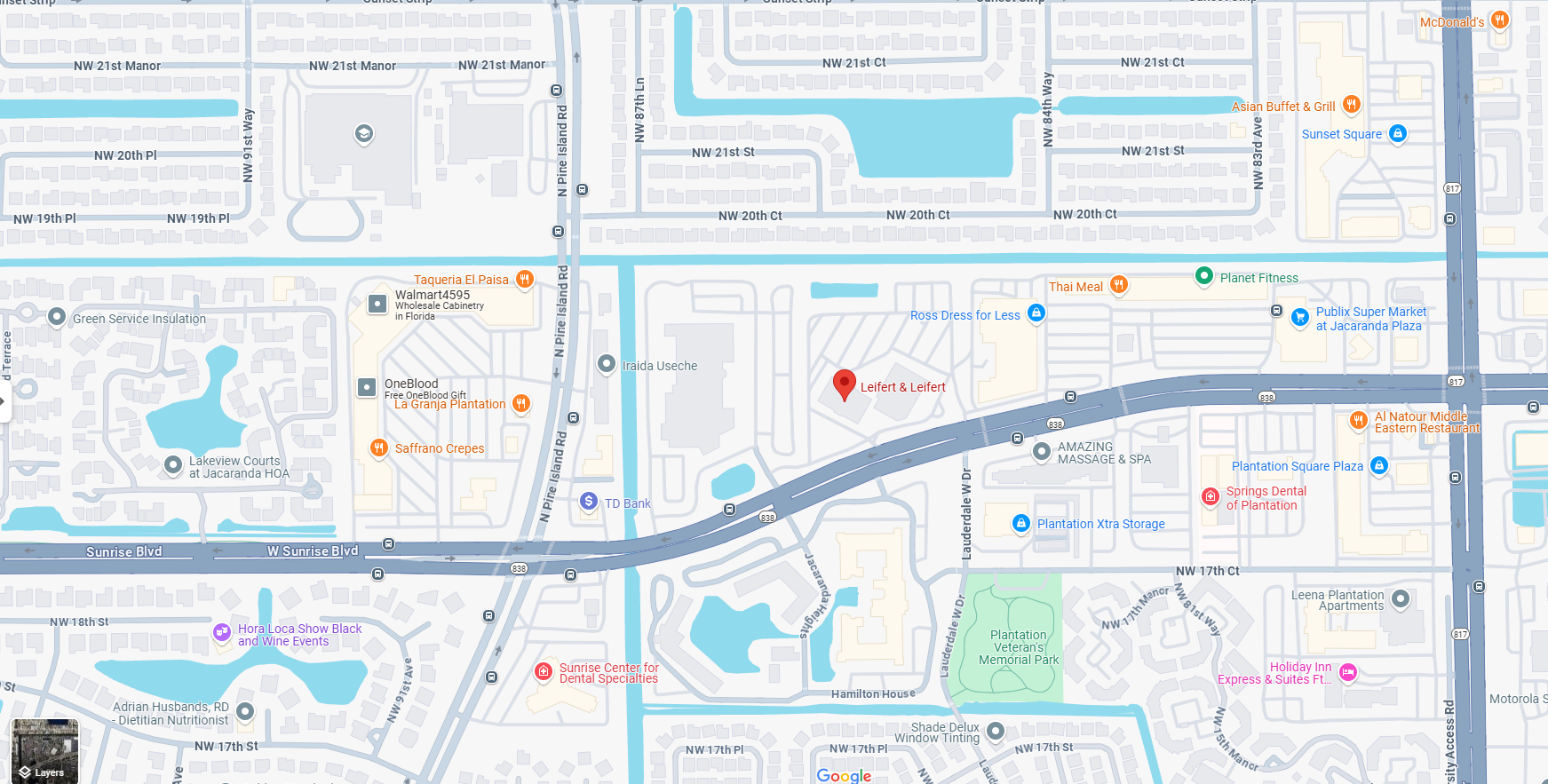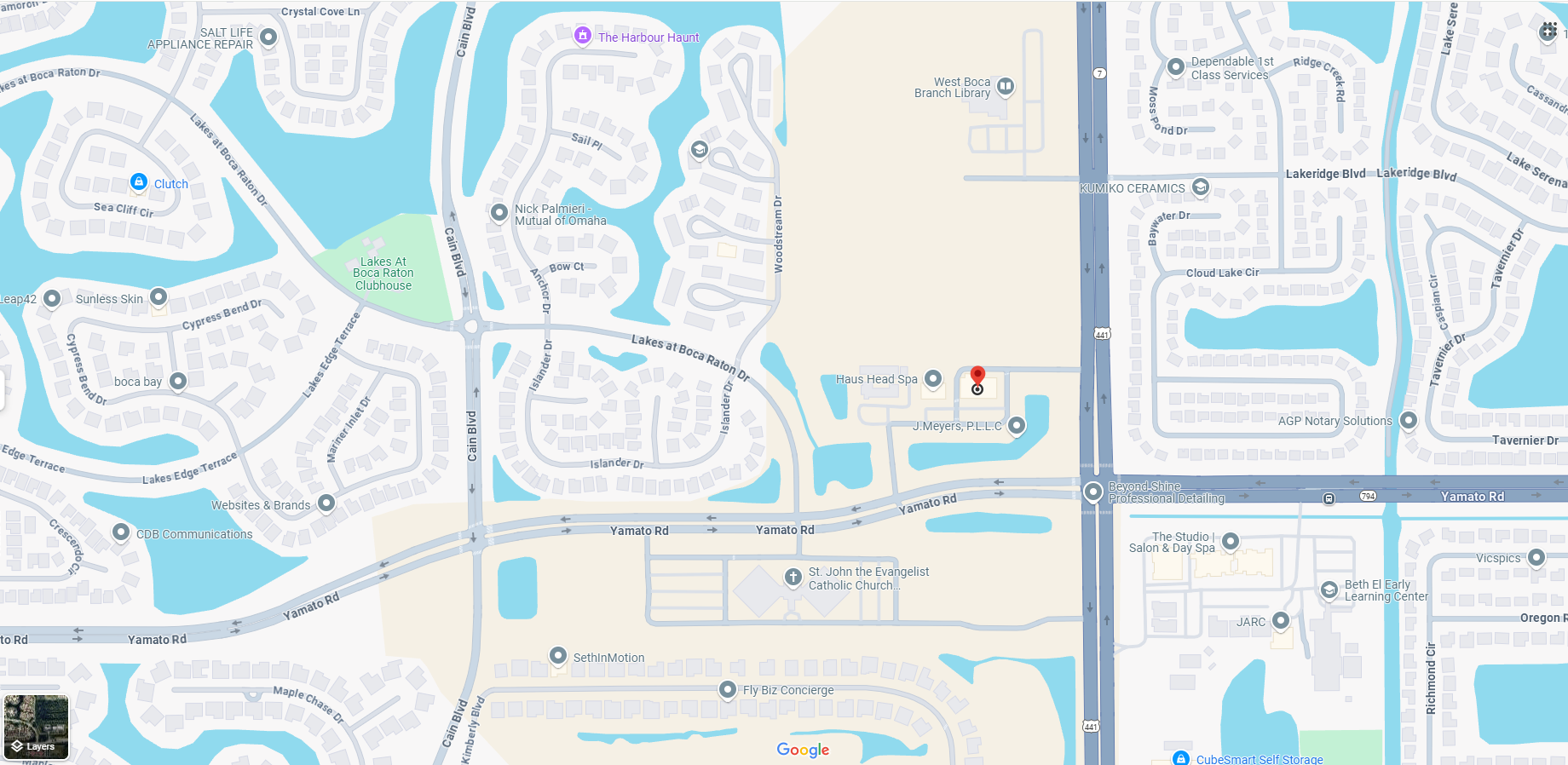Schools must have Title IX policies to receive federal funding and participate in federal programs. However, the requirements for these types of investigations carried out by private schools may not work the same way as investigations by state schools.
The differences between state and private school Title IX investigations can cause confusion when your institution investigates you. Fortunately, our Lawyers can help you understand your specific school’s policies and craft your defense. Call one of our experienced Title IX Attorneys today to get started.
How Does Title IX Apply to Private Schools?
Usually, Federal funding ties schools to Title IX compliance, requiring educational institutions to prevent and investigate sexual discrimination and harassment on campus. If a school fails to provide Title IX protections, it can face lawsuits and revocation of Federal funding.
Some schools operate independently of Federal funds, securing financing through private tuition and donations. Private schools often still comply with Title IX, however, because of their involvement in Federal programs, such as the lunch program or research grants. Also, involvement in interstate athletics programs and extracurricular activities may connect a private school to such funding, just not directly.
State requirements for private schools to operate sometimes require compliance with Title IX, regardless of Federal funds. But sometimes private schools voluntarily comply with Title IX, even if not mandated by the Law. An institution’s internal policies on discrimination, ethics standards, and community or reputational expectations may push compliance with Title IX.
If your private school does comply with Title IX, there may still be differences in how it investigates compared to a state school. How and whether you can sue a school also varies depending on its private or public status, and Lawyers can keep you informed during every step of the process.
Title IX Investigations in Private Schools
How an investigation plays out typically depends on a school’s Title IX policies and procedures, which vary by school. The institution must comply with Federal regulations created by the U.S. Department of Education’s Office of Civil Rights (OCR). In most cases, a Title IX investigation begins with a complaint to the school’s administration, a preliminary review of the complaint followed by a formal investigation, and a hearing allowing the accused to defend themselves and ask questions, all leading to an order from the school.
The distinction between Title IX investigations in state and private schools becomes most clear after an order comes down and you want to make an appeal or sue the institution. Public schools may have immunity from certain kinds of suits—such as negligence—as arms of the government must obey State constitutions and the U.S. Constitution. For example, they conduct investigations with an eye toward the due process rights of students, which can morph the investigation and hearing process.
Private schools, on the other hand, might prepare for different types of lawsuits over their process. Rather than a court looking at “due process” in a private school investigation, it would treat the school’s policies as a sort of contract with its students and employees. So, while a private school’s policies might comply with Title IX, a review of its structure in court will look quite different than that of a State school.
Discuss Private Versus Public School Title IX Investigations with an Attorney
Determining whether your school must or tries to comply with Title IX presents a tall task. Combined with an investigation and a hearing, a lawyer could help make the whole process easier to handle.
Our Attorneys can help you understand the differences between state and private school Title IX investigations. If you become the subject of an investigation, contact us to learn more about your options and what your investigation will look like during a consultation.







